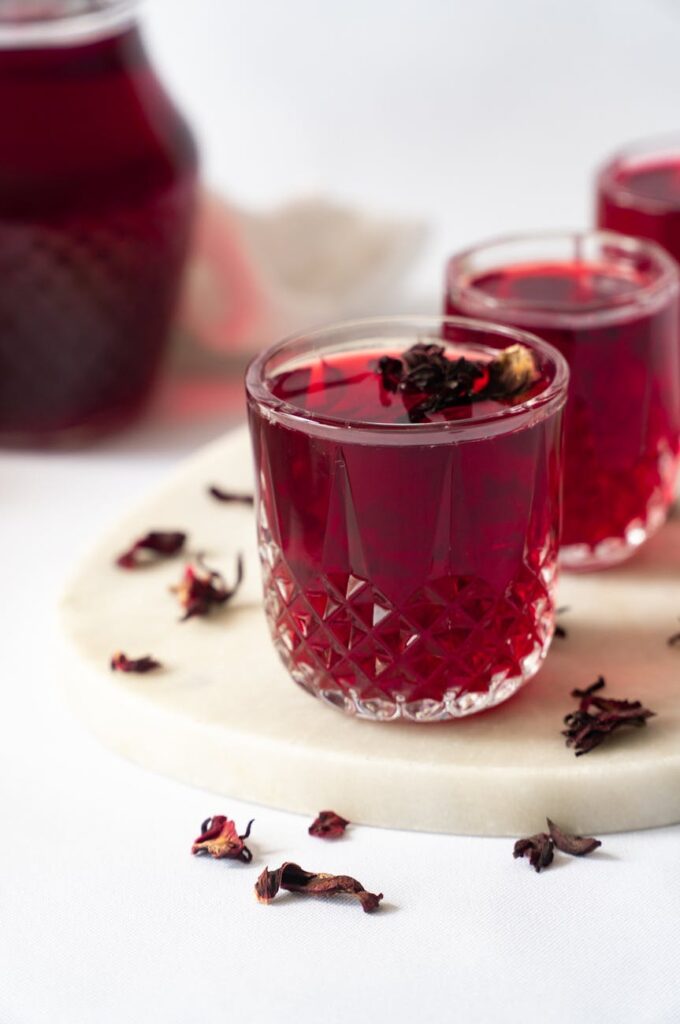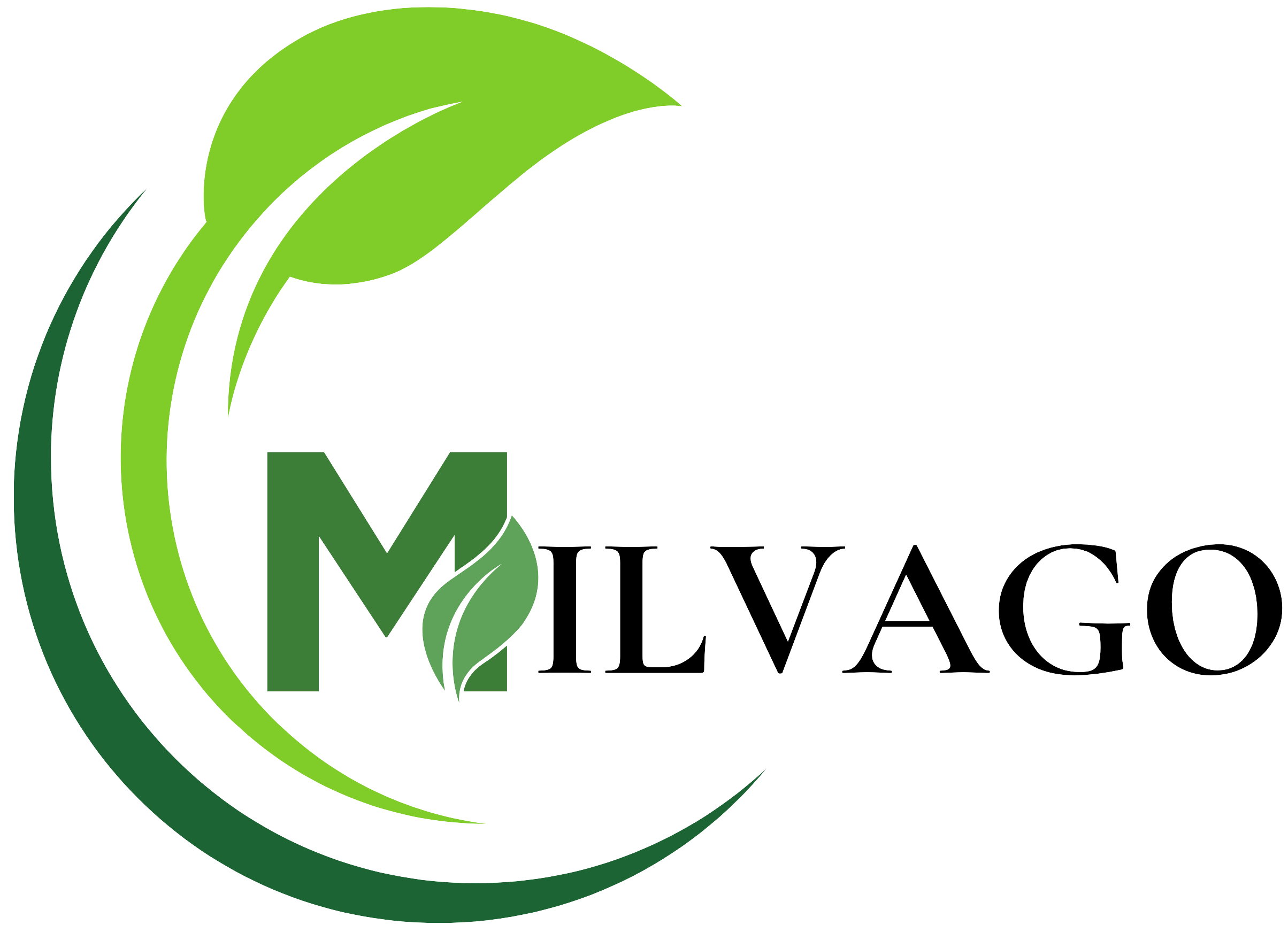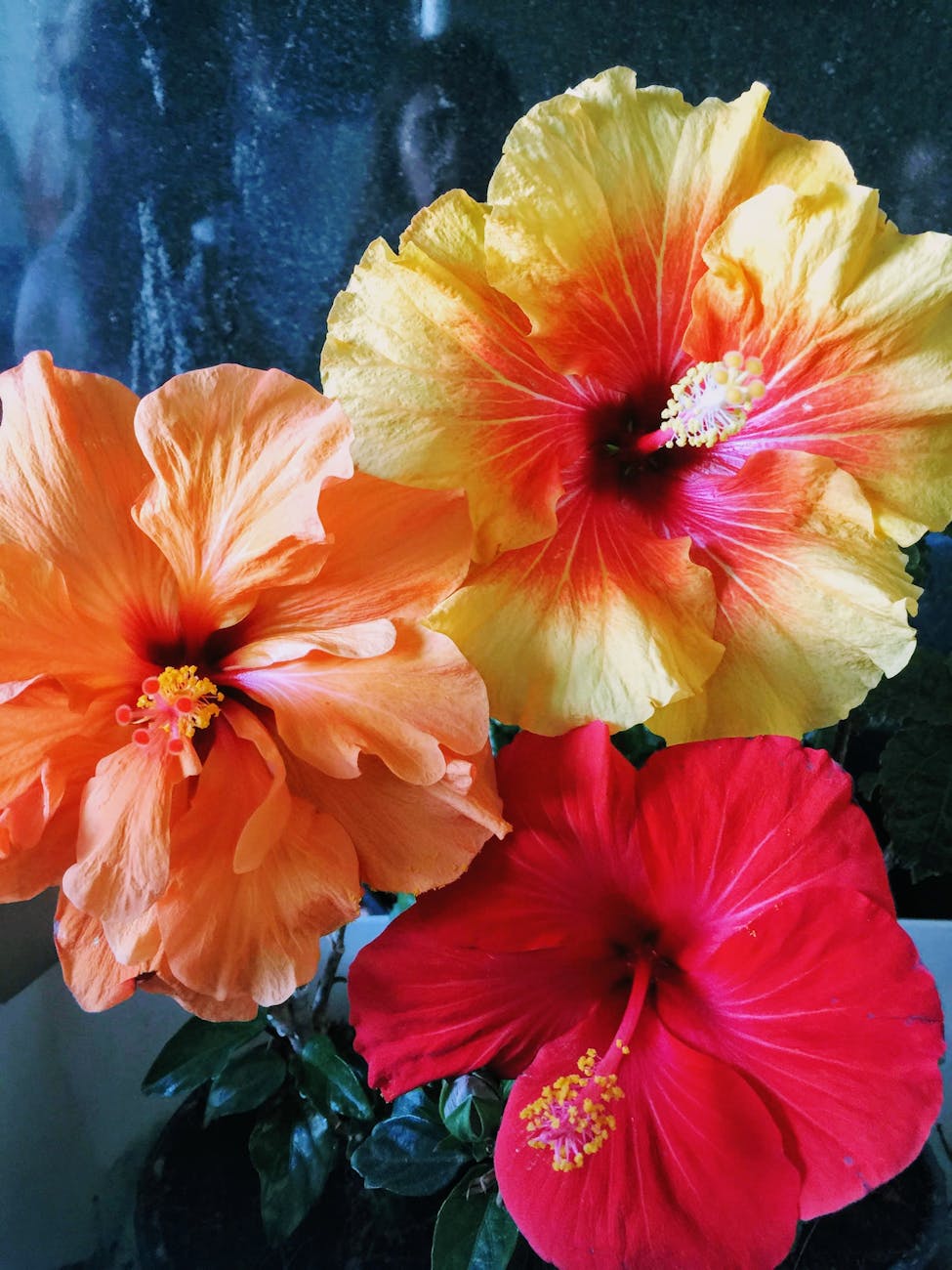Can Hibiscus Tea Cure PCOS?
Polycystic Ovary Syndrome (PCOS) is a hormonal condition that many women struggle with, causing irregular periods, acne, and weight gain. If you’ve come across claims that hibiscus tea is the ultimate solution for PCOS, you’re not alone. But let’s take a realistic look at what this beautiful red tea can actually do for your health.
The Truth About “Curing” PCOS
Let’s get one thing straight: there is no magical cure for PCOS. It’s a complex condition that requires a combination of lifestyle changes, medical advice, and sometimes medication. Hibiscus tea, while incredibly beneficial, is not a one-stop solution to make PCOS disappear. Instead, think of it as a supporting player in your wellness journey.
Hibiscus tea is rich in antioxidants, which can help reduce inflammation in the body. Since inflammation is often linked to PCOS symptoms, sipping on this tea regularly can make you feel a little better. It’s like giving your body a warm hug but from the inside. However, curing PCOS outright? That’s a tall order for any tea, no matter how healthy it is.
How Hibiscus Tea Supports Hormonal Health
One of the most challenging aspects of PCOS is managing your hormones. Irregular cycles and hormone imbalances can feel like a never-ending rollercoaster. Hibiscus tea may not fix everything, but it can certainly lend a hand.
This vibrant tea is known for its ability to regulate estrogen levels. While it won’t magically reset your hormones, it can help balance things out over time. Plus, it’s caffeine-free, so you won’t have to worry about disrupting your sleep—something that’s crucial for hormone health.
Drinking hibiscus tea can also aid in lowering stress levels. Let’s face it: managing PCOS can be stressful, and stress only makes symptoms worse. A calming cup of hibiscus tea in the evening might be just what you need to unwind and give your hormones a break.
Click here to know more about PCOS.
PCOS Symptom Relief, One Sip at a Time

The list of PCOS symptoms can feel overwhelming, but hibiscus tea may help tackle a few of them. For starters, it’s great for supporting healthy digestion and metabolism, which can be a lifesaver if you’re struggling with bloating or weight gain. It’s also been shown to help with insulin sensitivity—a common concern for women with PCOS.
And let’s not forget its impact on your skin. Acne is one of those symptoms that can make PCOS even more frustrating. The antioxidants in hibiscus tea work to fight free radicals, which can improve your skin’s overall health and reduce breakouts over time. Who wouldn’t want that glow-up?
A Realistic Approach to PCOS and Hibiscus Tea
Here’s the deal: hibiscus tea is a fantastic addition to your routine, but it’s not a cure-all. Think of it as one tool in a larger toolbox. Pair it with a balanced diet, regular exercise, and advice from your healthcare provider to get the best results.
Making hibiscus tea part of your day can also serve as a little self-care ritual. Brew a warm cup in the morning or a chilled version in the afternoon—it’s a moment just for you. Sometimes, that simple act of taking care of yourself can make all the difference when you’re managing a condition like PCOS.
Can Hibiscus Tea Cure PCOS?
The short answer is no—hibiscus tea cannot cure PCOS. But that doesn’t mean it’s not incredibly helpful. By reducing inflammation, supporting hormonal balance, and alleviating certain symptoms, it can play a key role in your wellness journey. So, while hibiscus tea isn’t the hero that saves the day, it’s definitely a reliable sidekick.
Add it to your routine, enjoy its refreshing taste, and embrace the benefits it brings. Just remember, managing PCOS is a marathon, not a sprint—and hibiscus tea is there to keep you hydrated every step of the way.
Is Hibiscus Safe for Everyone?
Hibiscus tea is undeniably a star in the world of natural remedies. Its vibrant red hue, refreshing tangy flavor, and numerous health benefits make it a go-to drink for many. But is this tea as universally safe as it is popular? Let’s dive into the nitty-gritty of who can enjoy hibiscus tea freely and who might need to be a little cautious.
Safe for Most, but Not All
For the majority of people, hibiscus tea is a delightful addition to their daily routine. Its antioxidant-rich profile helps combat inflammation, boosts immunity, and supports overall well-being. But like most good things, it’s not for absolutely everyone.
If you’re pregnant or breastfeeding, it’s best to pause before pouring yourself a cup. Hibiscus is known to influence hormone levels and, in some cases, may stimulate uterine contractions. That’s not something you want to risk during pregnancy! Always check with your doctor before sipping on hibiscus tea if you’re expecting or nursing.
Another group that should tread carefully is people with low blood pressure. Hibiscus tea is famous for its ability to lower blood pressure naturally, which is fantastic if you’re dealing with hypertension. But if your blood pressure is already on the lower side, hibiscus might drop it too much, leaving you feeling lightheaded or faint.
The Allergy Factor
Yes, hibiscus tea comes from a flower, and like many floral plants, it has the potential to trigger allergies in some people. If you’re someone with a history of plant allergies, particularly to members of the mallow family (to which hibiscus belongs), start with a small amount to see how your body reacts.

Symptoms of a hibiscus allergy might include itching, swelling, or even difficulty breathing—though these reactions are quite rare. If you experience any discomfort, it’s best to stop drinking the tea immediately and consult a healthcare professional.
Interactions with Medications
If you’re taking any kind of medication, especially for conditions like high blood pressure or diabetes, you’ll want to be cautious with hibiscus tea. Why? Because hibiscus has a natural tendency to amplify the effects of these medications.
For example, if you’re already taking medication to lower blood pressure, adding hibiscus tea into the mix might lower it too much. Similarly, if you’re managing blood sugar levels with medication, hibiscus could enhance its effects, potentially leading to hypoglycemia. It’s always wise to have a quick chat with your doctor before introducing hibiscus tea into your routine if you’re on medication.
Is Hibiscus Tea Safe for Women with PCOS?
If you’re navigating life with PCOS (Polycystic Ovary Syndrome), you might be wondering if hibiscus tea is a safe choice for you. The good news? For most women with PCOS, hibiscus tea can be a helpful ally.
Its antioxidant properties and hormone-balancing effects make it a supportive option for managing some symptoms of PCOS. However, if you’re on medications for PCOS or related conditions, the same caution about interactions applies. Always ensure that hibiscus tea complements your treatment plan rather than interfering with it. Give our unique Hibiscus flower tea . You will thank.
How Much Hibiscus Is Too Much?
Like everything else in life, moderation is key when it comes to hibiscus tea. Drinking one or two cups a day is generally considered safe for most people. But overindulging—say, drinking five or six cups daily—can lead to side effects, even in healthy individuals.
Too much hibiscus tea might cause dizziness, especially for those prone to low blood pressure. It’s also slightly diuretic, which means it can lead to dehydration if you’re not drinking enough water alongside it. Balance is everything, so enjoy your tea in reasonable amounts.
Making Hibiscus Tea a Safe Habit
To make hibiscus tea a part of your routine safely, start with small quantities and observe how your body reacts. If you’re feeling good and energized, it’s a green light to keep enjoying it. And don’t forget to use high-quality, organic hibiscus flowers to ensure you’re sipping on the purest form of this amazing tea.
For anyone with specific health conditions, allergies, or concerns, remember that a quick conversation with your doctor is worth its weight in gold. Your health always comes first, and hibiscus tea should enhance your wellness journey—not complicate it.
Hibiscus Tea for Everyone?
While hibiscus tea is safe and beneficial for most people, it’s not a one-size-fits-all solution. Pregnant women, those with low blood pressure, or anyone on medications should approach it with care. For women with PCOS, hibiscus tea can be a fantastic addition to your health routine—but always check in with your doctor if you’re unsure.
So, is hibiscus tea safe for everyone? Not quite, but for the majority, it’s a refreshing and health-boosting choice. Sip smartly, enjoy the benefits, and make it a safe and delightful part of your day.




